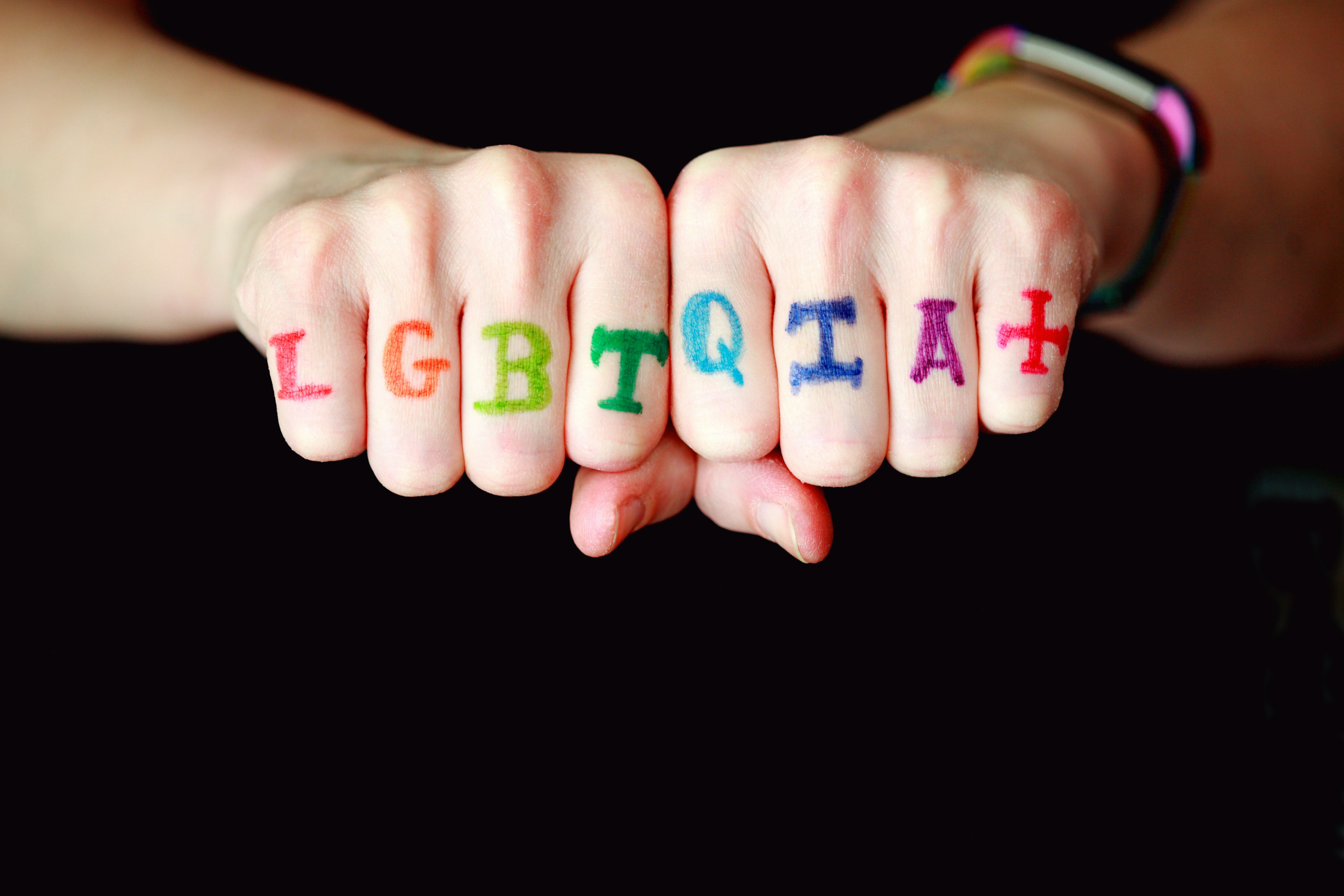News release
From:
Depression Rates in LGBTQIA+ Students are Three Times Higher Than Their Peers, New Research Suggests
The findings, which were published in the Journal of American College Health, uncover an alarming rise in depression rates among all higher education students in the United States, but especially among sexual and gender minorities. This population includes those who identified as lesbian, gay, bisexual, transgender, queer, questioning, intersex, asexual (LGBTQIA+), non-binary or gender non-conforming, and other identities.
“This study highlights the critical need for targeted interventions to support the mental health and well-being of young adults during their studies, particularly those who identify as LGBTQIA+,” says David Pagliaccio from the New York State Psychiatric Institute. “As LGBTQIA+ self-identification rates continue to rise, addressing these disparities becomes increasingly urgent for creating inclusive and supportive academic environments.”
In recent years, there has been a rise in mental health concerns, especially among sexual and gender minority populations. This continues amidst rising population-level depression and suicide rates, especially among college and university students.
The current study looked at data from 483,574 responses to the Healthy Minds Study, an annual survey examining mental health trends in full-time students aged between 18 to 35 years old between 2007 to 2022.
The researchers found that on average 18.81% of students self-identified as LGBTQIA+ across all survey years, representing a six-fold increase over the 15-year period.
Depression rates also increased over time, with 11.97% of all students reporting symptoms of major depression. However, LGBTQIA+ students were disproportionally affected as they were 3.18 times more likely to report depression compared to cisgender, heterosexual students (26.85% versus 8.53%). Although LGBTQIA+ students made up around one-fifth of the population, they accounted for nearly half of those experiencing depression.
The research also identified key factors contributing to these mental health disparities, including experiences of discrimination and not feeling a sense of belonging. Despite these challenges, LGBTQIA+ students were twice as likely to seek therapy compared to their peers, but they were also only half as likely to seek support from family members.
“Our findings highlight a growing mental health crisis among LGBTQIA+ students that demands immediate attention,” says David Pagliaccio. “Academic institutions need to take urgent and proactive steps to address these alarming rises in depression that are affecting the lives of so many young adults, particularly among those who face unique challenges due to their sexual or gender identity.”
The authors call on academic institutions to take concrete actions to address these mental health disparities. Their recommendations include reducing barriers to mental health care, implementing robust anti-discrimination policies, fostering a stronger sense of community and belonging, and enhancing interpersonal support systems for sexual and gender minority students.



 International
International



